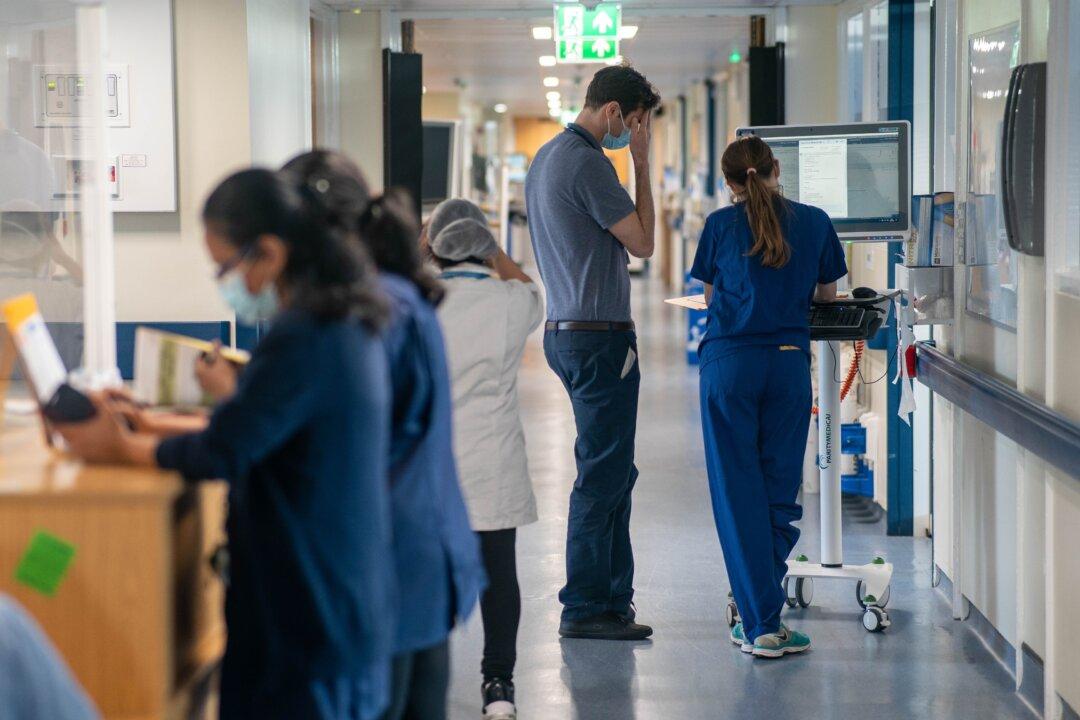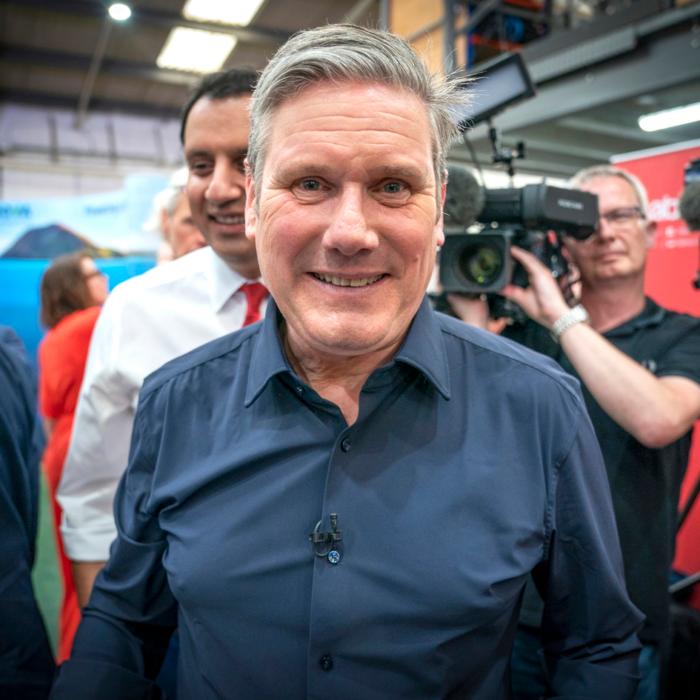The Royal College of Physicians has introduced guidance urging doctors to talk to patients about climate change in their daily medical routines.
The RCP claims that “climate change is one of the biggest threats to health” and that “heat-related deaths” will rapidly increase.
Less Blood Testing
The RCP said that the NHS is responsible for around 40 percent of the UK’s public sector emissions and 4 percent of total emissions, though it is committed to reach net zero on all direct emissions by 2040.“Physicians have a vital role to play in helping the NHS reach its net zero goal, changes to clinical practice and how care is delivered, whether large or small, will make an important contribution to reducing the environmental impact of the health service,” it said.
One climate change-reducing measure in the “Green Physician Toolkit” tells doctors to “think twice” about blood testing and to consider if the test is essential.
It also said to “reduce unnecessary prescribing” and offer “remote consultations and remote monitoring.”
It urged health professionals to talk to patients about the health benefits of climate action and not to debate the science.
One example of “what you could say to patients” was: “Climate change means heatwaves are becoming more frequent. Here’s how heat can affect your health and how your medication can make you more vulnerable to heat.”
Another was: “When cars burn petrol, they emit toxic air pollutants that can be bad for your health. Remember to carry an inhaler, avoid busy roads where possible, and consider wearing a mask outside.”
‘Colonising Professional Institutions’
Researcher Ben Pile, who runs the campaign group Climate Debate UK, told the Epoch Times that “like all institutions that go green, it has lost contact with its founding principles.”“This is the establishment’s anomie and malaise,” he added.
He said the RCP that has “abandoned science, and become a green ideological campaigning organisation.”
Mr. Pile said that the “Green Blob” is very good at “colonising professional institutions, and doctors have the most cultural significance for obvious reasons.”
He said that the national professional institutions align themselves to the global institutions to create “kind of almost medieval hierarchies.”
“They don’t see anything wrong with that, and they subordinate their professional standards, which they used to set independently, to that political agenda, or ideological agenda,” he added.
Net Zero Watch’s Head of Policy Harry Wilkinson told The Epoch Times by email that “doctors should be focussed on doing what’s best for their patients, it’s as simple as that.”
This is a huge breach of trust between doctor and patient. Unfortunately, this is an inevitable consequence of the Climate Change Act, which sets a legally binding commitment to reach Net Zero. Fashionable green politics is seeping into almost every part of the public sector.”
Commenting on the Green Physician Toolkit, Professor Ramesh Arasaradnam, RCP academic vice president, said: “Those working in the NHS will be some of the first to see the health effects of climate change if they have not done so already. The need to act has never been more urgent and we hope that our Green Physician Toolkit will support the physician community with small steps that can make a difference.
“It can of course be challenging to prioritise sustainability at a time when there is very high demand for clinical care, but we have to keep in mind that reducing climate change and its health impacts is part of reduced pressure on the NHS in the long-term.”
An RCP spokeswoman forwarded The Epoch Times a statement by RCP special adviser on sustainability and consultant nephrologist, Dr. Mark Harber.
He said that the “priority for NHS staff will always be giving patients the best possible care—especially in the current context of high pressure and growing waiting lists.”
“But the health impacts of climate change are increasingly visible, and as health care professionals, it would be irresponsible to ignore the increasing impact that climate change will have on patient health. It is important to support patients in mitigating the risk to their health,” he added.







